This blog is all about starting a small business. We’ll cover everything from the basics of setting up your business, to finding the right type of business for you, to marketing and advertising your small business.
Table of Contents

Starting small business benefits?
There are many benefits to starting a small business. One of the biggest benefits is that you will be your own boss. You will also have the opportunity to make a lot of money if your business is successful. Another benefit of starting a small business is that you will be able to create your own schedule and work as much or as little as you want. Finally, owning your own business can give you a sense of pride and satisfaction.
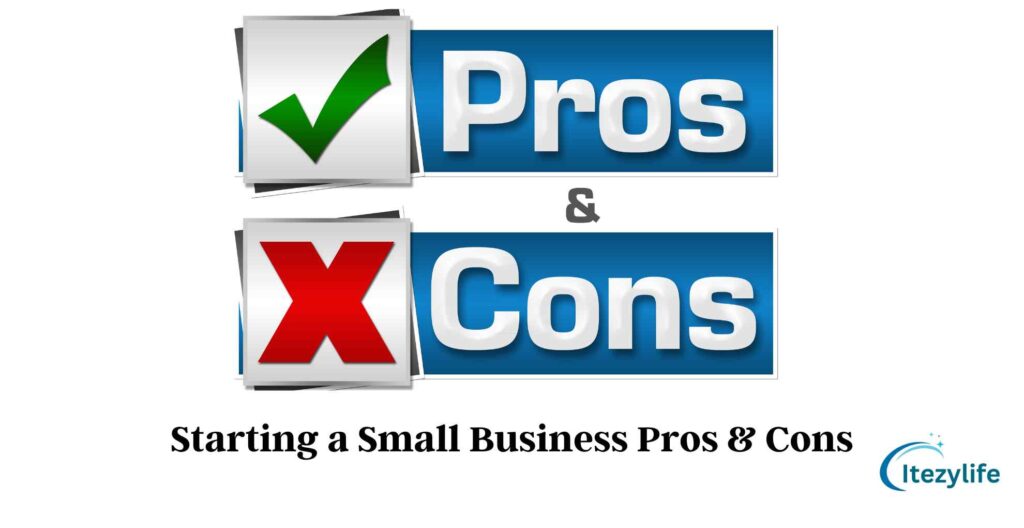
Starting a Small Business Pros & Cons.
Starting a Small Business Pros.
- Starting your own business gives you the freedom to set your own hours and schedule.
- Starting your own small business can be a great way to make money and have control over your own life.
- There are a lot of benefits to starting a small business. It's your business, your schedule, and your income that you decide.
Can you make a living from your small business?
Yes, you can make a living from your small business. However, it will take time, effort, and dedication. You will need to create a marketing plan and implement it effectively. Additionally, you will need to track your progress and adjust your marketing strategy as needed.
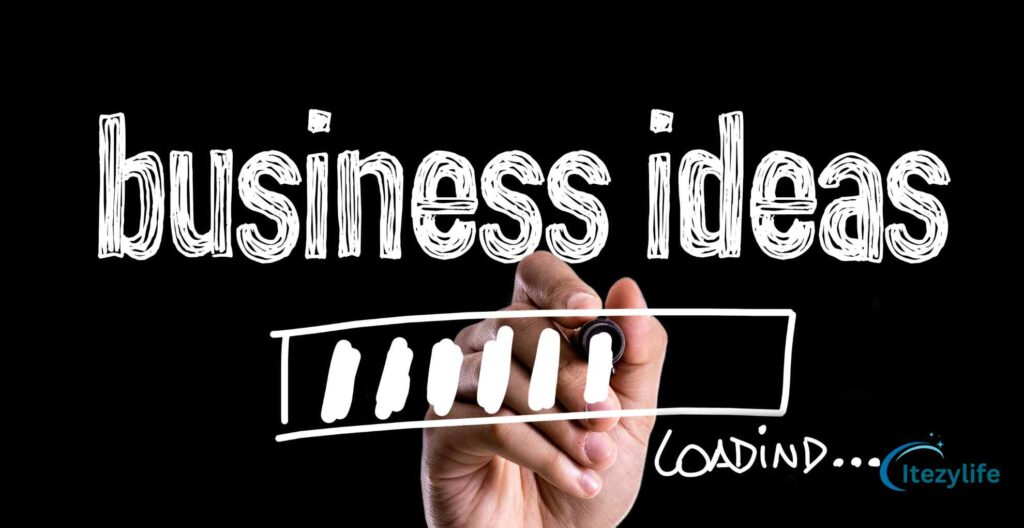
How to come up with an idea for your small business?
There are many ways to come up with an idea for your small business. You could start by brainstorming with friends or family members. Additionally, you could look for inspiration online or in books. Alternatively, you could attend trade shows or industry events. Finally, you could consult with a business coach or mentor.
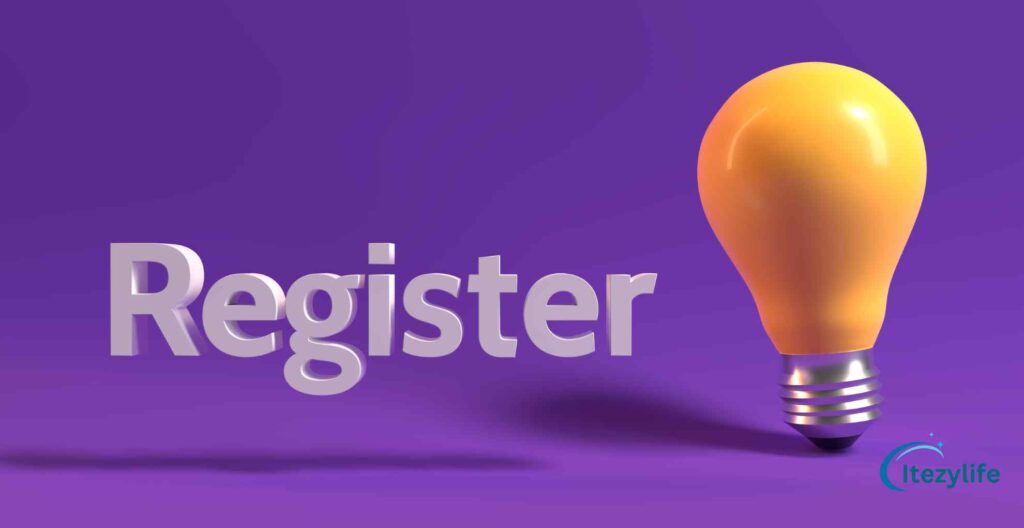
How to register your business – is it worth it?
- Determine what services you’d like to offer.
- Research your local and state business registration requirements.
- Contact a professional business registration agency.
- Prepare your business registration documents.
- File your business registration documents with the appropriate government agency.
The main benefit of registering your business is that it creates a legal entity for your business. This can help you to obtain funding, open a bank account, and hire employees. It can also help you to avoid personal liability for your business debts and actions.
Another benefit of registering your business is that it can help you to build credibility with customers and suppliers. When you register your business, you will be able to get a business license or permit. This can show potential customers and suppliers that you are a legitimate business.
There are a few things to keep in mind when you are registering your business. First, you will need to choose a business name. The name of your business should be unique and should not be confused with another business. Second, you will need to choose a business structure. There are four main types of business structures: sole proprietorship, partnership, corporation, and LLC. Each type of business has different benefits and drawbacks, so you will need to choose the one that is right for your business.
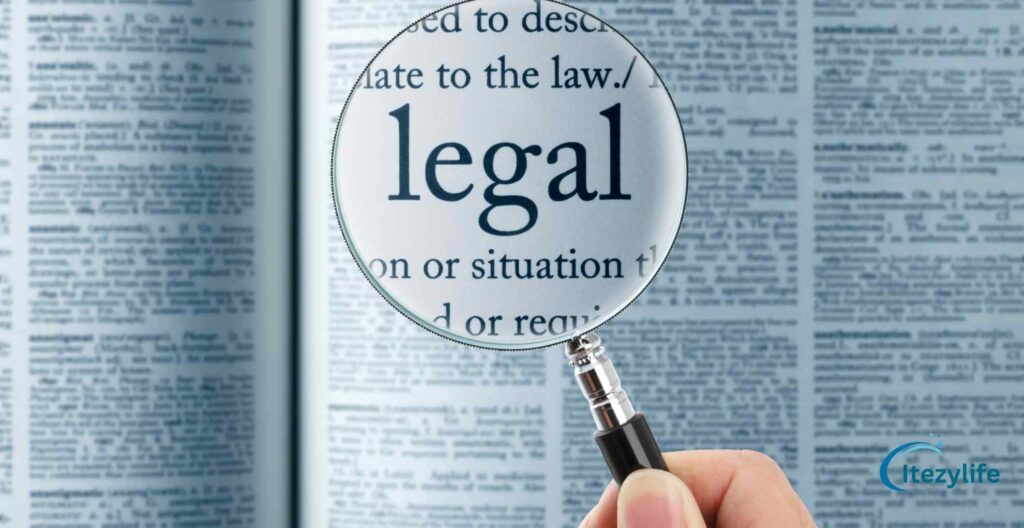
Getting your business up and running – the legal side.
- You will need to register your business with the government.
- You will need to get a business license.
- You will need to get a trade license.
1. You will need to register your business with the government.
- Go to the government’s website and register your business.
- Complete all the required forms.
- Pay the government’s business registration fee.
- Get a business license.
- Register your business with the local Chamber of Commerce.
2. You will need to get a business license.
You will need to get a business license before you can start your small business. You can obtain a business license by contacting your local government office. Additionally, you should check with your state and county governments to see if you need any additional licenses or permits.
3. You will need to get a trade license.
This can be done by going to your local Chamber of Commerce. The license will allow you to operate your business in the city or county in which it is registered. You will also need to get a business permit from the state in which you plan to operate your business. Each state has different requirements for businesses, so you will need to check with your state’s requirements.
You will also need to get insurance for your business. This is to protect your business from any liability if something goes wrong. You can get insurance through a variety of sources, such as your local chamber of commerce, online, or through an insurance broker.
Once you have all of the necessary licenses and permits, you will need to find a location for your business. This can be done by searching online, on the yellow pages, or by talking to other businesses in the area. Once you have found a suitable location, you will need to sign a lease or purchase the property.
Is it worth getting a bank account?
A business bank account can help you to keep your personal and business finances separate. This can make it easier to track your expenses and income, and it can also help you to build business credit. A business bank account can also help you to get a business loan from a bank.
There are a few things to consider when you are opening a business bank account. First, you will need to choose a bank that is right for your business. Second, you will need to open a business checking account. Third, you will need to open a business savings account. Fourth, you will need to get a business credit card.
When you are choosing a bank for your business, you will want to consider a few factors. First, you will want to find a bank that offers good interest rates on business accounts. Second, you will want to find a bank that has experience working with businesses. Third, you will want to find a bank that offers good customer service.
Finance, legal, and taxation issues.
- Understand the basics of taxes.
- Understand the basics of finance.
- Understand the basics of legal issues.
- Understand the basics of taxation.
How to price your product or service?
- Calculate your cost of goods.
- Calculate your variable costs.
- Calculate your fixed costs.
- Add together your cost of goods, your variable costs, and your fixed costs.
- Add together your gross margin and your operating margin.

A quick guide to health and safety.
- Always use a safety helmet when riding a bike.
- Wear a face shield when using a power tool.
- Always wear eye protection when working with electric tools.
- Keep your hands and feet clean and free from oil, gas, and other chemicals.
- Follow the instructions that come with your equipment.
Is there a right way to run your small business?
- Define your business goals.
- Assess your current business situation.
- Make a business plan.
- Evaluate your business opportunities.
- Set business goals and objectives.

Making it profitable?
- Create a business model that works for you.
- Research your market and determine what your target demographic is.
- Create a business plan that outlines your marketing and financial goals.
- Take your business to market and experiment with different pricing and promotion schemes.
- Stay focused on your goals and don’t become discouraged if it takes longer than you thought it would to become profitable.

How to market your small business effectively?
There are many ways to market your small business, but which one is the best for you? Our guide will help you choose the right marketing strategy.
Feature and Benefit:
- Increased sales and profits.
- Improved customer service.
- Increased brand awareness.
What are the basics of marketing your small business?
- Develop a marketing plan.
- Research your target market.
- Choose the right marketing mix.
- Create a strong brand.
- Measure and track your results.
- What are some effective marketing strategies for small businesses?
- Develop a strong online presence.
- Utilize word-of-mouth marketing.
- Engage in local community events.
- Participate in trade shows and exhibitions.
- Develop a direct marketing campaign.
Tips for starting a small business website?
- Start with a clear purpose
- Research your competition
- Design a user-friendly website
- Include quality content
- Choose the right web hosting company
- Ensure your website is search engine friendly
- Promote your website
- What are some other effective marketing channels for small businesses?
- Develop a social media presence
- Create a blog
- Engage in email marketing
- Develop a mobile marketing strategy
- Participate in online directories and review sites
How to attract and retain customers?
- Develop a clear value proposition
- Focus on the customer experience
- Build a relationship with your customers
- Create loyalty programs
- Encourage customer feedback
It is important to have a clear understanding of your target market and what marketing channels will be most effective in reaching them before starting any small business marketing initiatives. Keep in mind that it often takes a combination of marketing strategies to successfully reach and engage your target audience.
How to measure the success of your small business marketing campaigns?
- Developing clear and measurable goals
- Identifying the key performance indicators (KPIs)
- Regularly tracking and measuring results
- Analyzing and adjusting your marketing strategy based on results
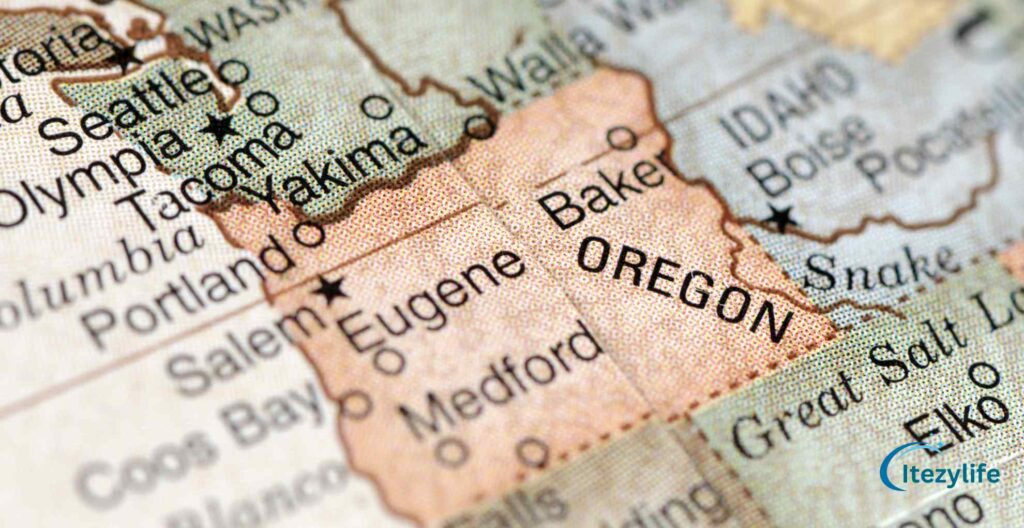
Starting a small business in Oregon.
The first thing you need to do is choose the business structure that best suits your needs. There are four main business structures in Oregon: sole proprietorship, partnership, limited liability company (LLC), and corporation. Each has its own advantages and disadvantages, so it’s important to understand the difference before you decide which one to choose.
Once you’ve chosen your business structure, you’ll need to register your business with the state of Oregon. This can be done online, by mail, or in person at your local county courthouse. The process is relatively simple and just requires you to fill out a few forms and pay the appropriate fees.
After your business is registered, you’ll need to obtain a business license from the city or county where your business is located. The process for this varies depending on the municipality, but generally, you’ll need to fill out a short application and pay a small fee.
Final Thoughts.
If you are looking to start a small business, we hope you found this blog post helpful! We can’t tell you how difficult it can be to start a business and give it your all, but we hope that this blog post has provided some advice to help you on your way. We would love to hear what you think of our article and any questions you may have. We want to help make your dream of starting a small business a reality, so please let us know what we can do to help by visiting ___. Thank you for reading and our best of luck on starting your small business!



